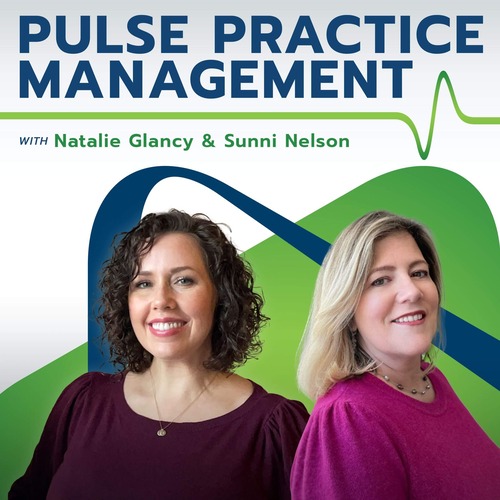
In the ever-evolving landscape of healthcare, managing a successful practice or facility requires a delicate balance of clinical expertise and business acumen. While the roles of practice manager and business manager may seem similar on the surface, they serve distinct yet complementary functions. Understanding the key differences between these two roles is crucial for healthcare organizations aiming to streamline operations, enhance patient care, and drive long-term growth.
The Practice Manager: The Clinical Cornerstone
A practice manager is the backbone of a healthcare facility's day-to-day clinical operations. Their primary focus is on ensuring the smooth delivery of patient care services, managing clinical staff, and maintaining compliance with industry regulations and best practices. Some of the key responsibilities of a practice manager include:
1. Staff Management: Overseeing the recruitment, training, and supervision of clinical personnel, including physicians, nurses, and medical assistants.
2. Patient Flow: Optimizing patient scheduling, ensuring efficient patient flow, and addressing any concerns or complaints related to clinical services.
3. Regulatory Compliance: Staying up-to-date with and adhering to relevant medical regulations, standards, and protocols to maintain a safe and compliant healthcare environment.
4. Clinical Operations: Managing the procurement and maintenance of medical equipment, supplies, and facilities essential for delivering high-quality patient care.
The Business Manager: The Strategic Visionary
While the practice manager oversees the clinical aspects, the business manager is responsible for the strategic and financial health of the healthcare organization. Their role revolves around developing and executing business strategies, managing finances, and ensuring the long-term sustainability and growth of the practice or facility. Key responsibilities of a business manager include:
1. Financial Management: Overseeing budgeting, financial reporting, and developing strategies to maximize revenue streams and control costs.
2. Business Strategy: Analyzing market trends, identifying growth opportunities, and formulating business plans to drive the organization's success.
3. Operations Management: Streamlining administrative processes, optimizing workflow efficiency, and implementing technology solutions to enhance productivity.
4. Human Resources: Overseeing the recruitment, training, and management of non-clinical staff, ensuring compliance with labor laws and fostering a positive work culture.
The Synergistic Relationship
While the roles of practice manager and business manager are distinct, they are inextricably linked and complementary. A successful healthcare organization requires the seamless integration of clinical excellence and business savvy. By working in tandem, these two roles can create a harmonious environment that prioritizes patient care while ensuring the financial viability and sustainable growth of the organization.
The practice manager's focus on clinical operations and patient satisfaction ensures that the core mission of delivering high-quality healthcare services is achieved. Simultaneously, the business manager's strategic vision and financial acumen provide the necessary resources, infrastructure, and long-term planning to support the clinical operations effectively.
Embracing this dynamic duo of practice manager and business manager is essential for healthcare organizations seeking to navigate the complexities of the industry, adapt to changing market conditions, and ultimately deliver exceptional patient care while maintaining a competitive edge.
Streamlining Success with Applied Medical Systems
For healthcare organizations seeking to alleviate the administrative burdens associated with practice and business management, Applied Medical Systems offers a comprehensive suite of professional services and solutions. Our extensive service offering encompasses a wide range of critical areas, including credentialing, contracting, malpractice and liability insurance, employee benefits administration, bookkeeping, and regulatory compliance.
Applied Medical Systems understands the unique challenges faced by healthcare practices and excels at creating customized solutions that streamline operations, improve efficiency, and drive a strong return on investment (ROI). By leveraging our expertise and forming strategic alliances with accountants, attorneys, and consultants, we empower practice managers and business managers to focus on their core responsibilities while entrusting the administrative tasks to a team of seasoned professionals.

